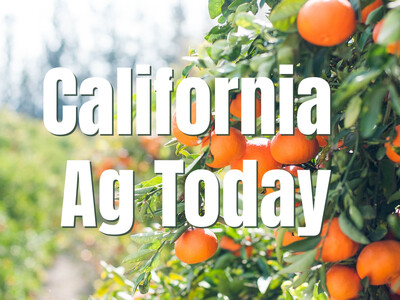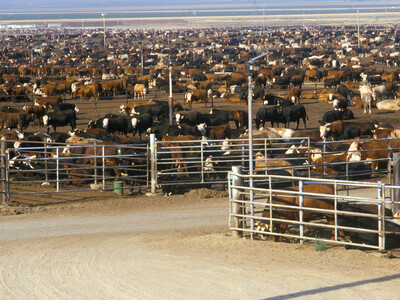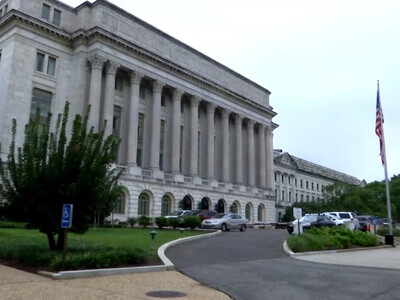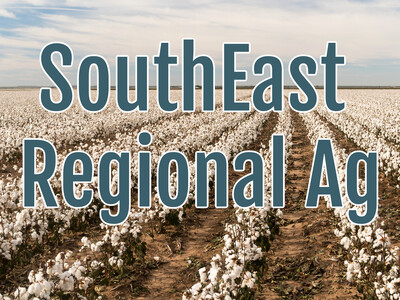Automation Doesn't Have To Mean Fully Autonomous

Tim Hammerich
News Reporter
One of the challenges with farm equipment is that it’s a major investment for to solve a problem that only exists during certain parts of the year. Verdant Robotics realized that automation will be most utilized on existing farm equipment as opposed to new robots. Brent Shedd, chief operating officer at Verdant Robotics, believes this model makes things financially realistic for most farmers.
Shedd.. "So the manufacturer has to pass cost increases on the customer, right? So if I'm trying to build a unit that is both a single-purpose tractor, essentially, and the actuation of the unit itself, I'm essentially duplicating resources that I've already got a tractor on the farm. Why are you trying to, you know, duplicate that and give me actually a limited-purpose tractor in your unit, right? So you've got to pass that cost on to the customer. There are a lot of, you know, companies in this space that started down that path, whether it was FarmWise, whether it was Carbon, they all pivoted and went to a tractor-pulled implement because it wasn't financially feasible. It didn't make sense. Eventually, all of our units in the field will be autonomous, right? But that's eventually, that's probably a decade or more in the future. We're not anywhere close today."
The Verdant Robotics Sharpshooter smart sprayer reduces chemical use by up to 96%.












